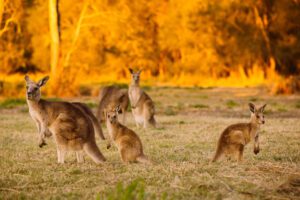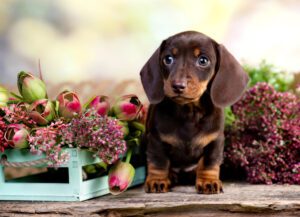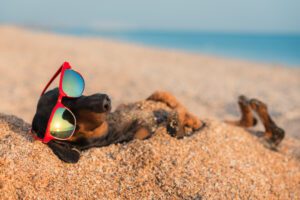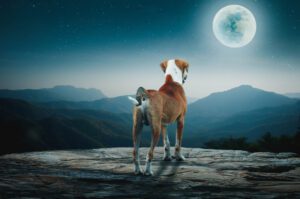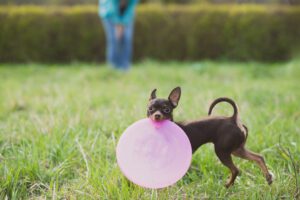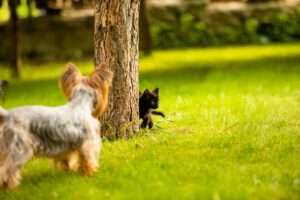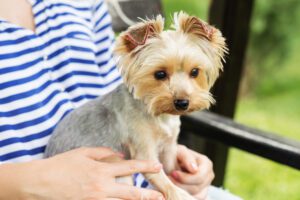Their social need is so strong, that some places actively encourage keeping more than one guinea pig. Notably, a law that took effect in 2008 in Switzerland declared guinea pigs among the “social species.” Such species are considered abused if they don’t live or regularly interact with others of their species.
Yes, guinea pigs eat some of their own feces. This coprophagy is necessary to guinea pig health, because guinea pigs who don’t eat some of their feces daily eventually fall ill.
Female guinea pigs who don’t give birth before 7 or 8 months of age likely face a difficult pregnancy if bred. This is because the pubic bones get fixed into place after that age, making a first-time birthing difficult.
Although most other rodents have yellow incis
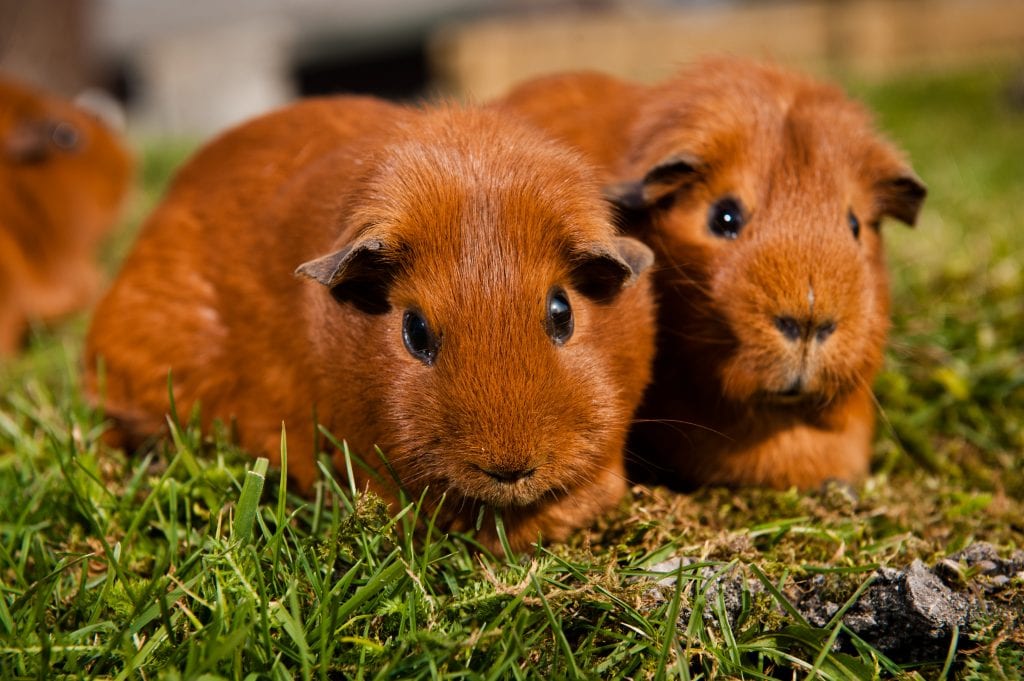
ors, the incisors of guinea pigs are normally white. All teeth grow continuously, so guinea pigs need chewing on the high fiber of grass hay to keep their teeth worn down. Hay is the majority of the guinea pig diet, but they also need some vegetables, fruit and pelleted food.
Guinea pigs is that they cannot make their own vitamin C, unlike most other mammals. They share this inability with people, who also need to get vitamin C from their diet. Without vitamin C, guinea pigs develop scurvy.
Scurvy causes numerous problems, including swollen joints, lethargy, skin and fur problems, loss of appetite, and more.


